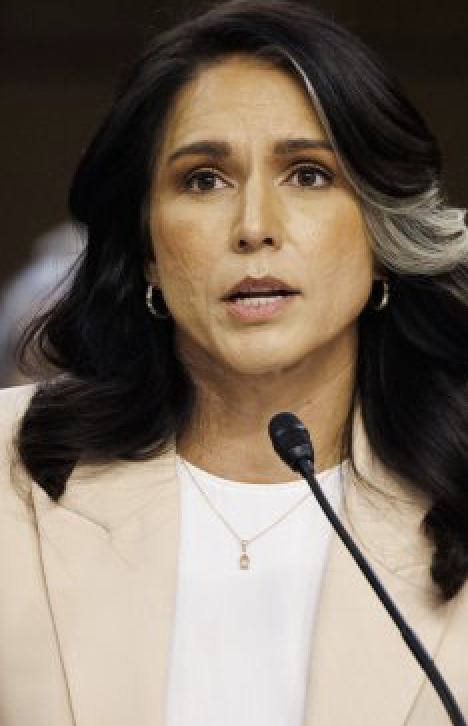March 15, 2019

State television has sparked widespread outrage with an interview of a family in which the father boasts of beating his wife and his wife shrugs her shoulders at his conduct.
The TV outlet broadcast an interview with a self-described abusive husband, his wife and two of their young daughters.
According to Radio Free Europe, the husband said the family had managed to stay together despite two decades of beatings and 27 attempts by his wife to divorce him.
The TV show, which is named “Formula One,” has been accused in the past of treating violence against women as normal behavior and encouraging victims to stay with abusive husbands.
The program seemingly attempts to demonstrate that abusive husbands can reform themselves and women ought to forgive them, sparking fierce criticism from some politicians and members of the public.
The husband in this case did the majority of the talking in the interview. He said the couple divorced at one point, but stayed apart for just 60 days. “We would miss each other…. A phone call, and we were together again,” the man said.
He quipped that they deserved a mention in the Guinness Book of World Records for their numerous divorce filings.
After establishing the man had first beaten his wife “on the first night of our marriage,” the host laughed and commented: “What a thing to do.”
The host then added non-committally: “We are not promoting it—and we are not saying what he did was wrong.”
The wife sought to defend her husband several times despite at times appearing uncomfortable during the interview.
“Not really,” she said, appearing to smile uneasily, when pressed about whether she had objected the first time her husband hit her.
“What does that mean,” the host pressed. After she looked at her husband, the host asked her again, saying: “You thought: ‘My husband must beat me’.”
“No,” she said, adding: “I was upset with him, but I was a kid. I was 16. I did not know much.”
Masumeh Ebtekar, the vice president for women’s and family issues in Iran, criticized the interview through the messaging app Telegram, which was banned in Iran last year.
She asked, “What is the point of this interview? Are you presenting this image of married life to encourage young people, particularly girls, to get married? Or are these models aimed at normalizing violence against women?”
Parvaneh Mafi, who heads the women’s caucus in the Majlis, complained that the interview endorsed domestic violence against women while weakening their place in families.
“How would you feel if a man says with a laugh to the camera that he has been beating his wife from the first day of their marriage while a woman who is sitting next to their daughters talks about multiple unsuccessful attempts at divorce?” she said in a letter to state broadcasting director Ali Askari.
Some 60 per cent of Iranian women have experienced domestic violence at least once in their lives, according to official data.
Last year, Iranian state TV was forced to apologize for a segment that featured a female relationship expert telling domestic violence victims to kiss their husband’s feet.
“Even if your husband is a drug addict, if he beats you, just do it and you will see a miracle in your life,” the woman told viewers.
The woman, whose advice was roundly mocked on social media, told wives to “slowly give him a foot massage,” before drying his feet and then “kiss his feet.” She said this would relieve a husband’s stress and help prevent strokes and heart attacks.





















